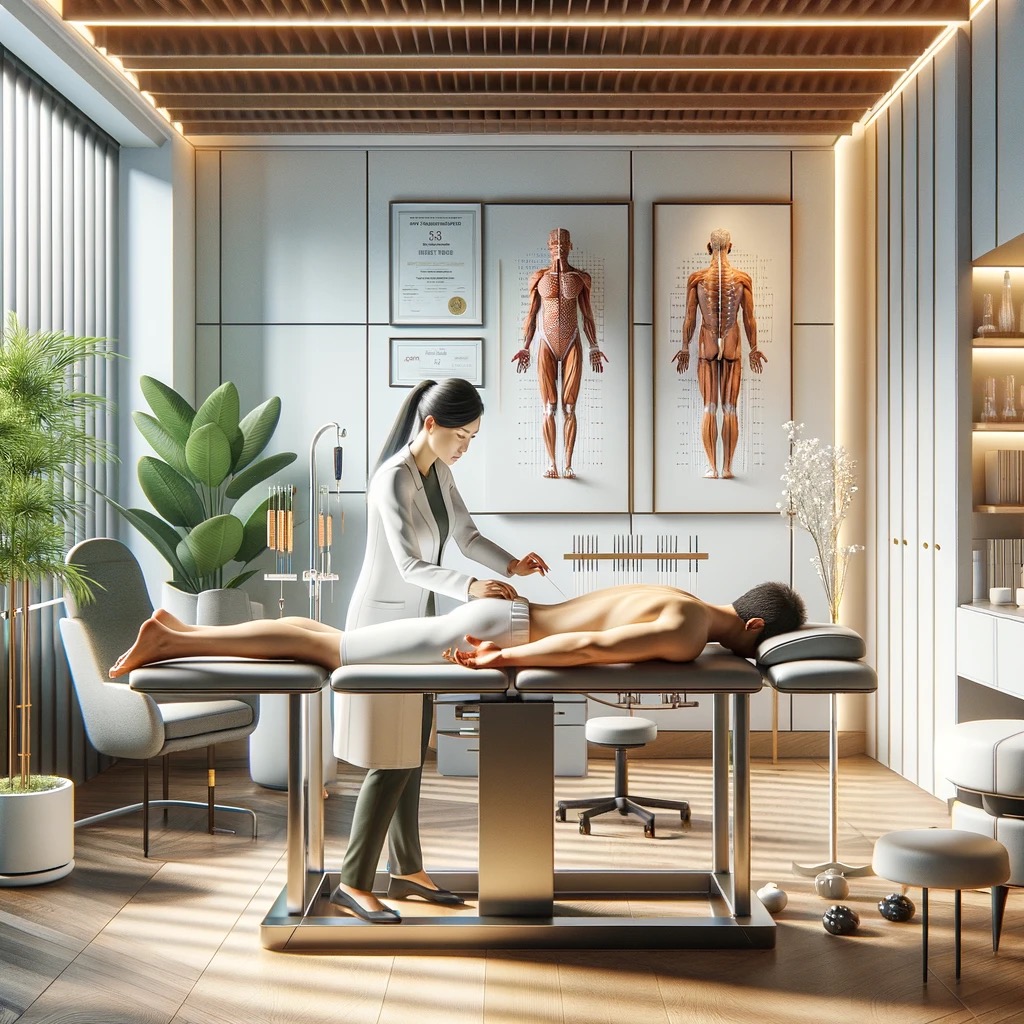What is the Most interesting change in Acupuncture in the last 10 years?

What is the Most interesting change in Acupuncture in the last 10 years?
One of the most interesting changes in acupuncture over the last ten years is its growing integration into mainstream Western medical practices. This shift is marked by an increased acceptance and recognition within the medical community, supported by a growing body of scientific research that underscores the effectiveness of acupuncture for various conditions.
Key developments include:
- Increased Evidence and Research: There has been a significant increase in research aimed at understanding the mechanisms behind acupuncture and its effectiveness in treating chronic pain, mental health disorders, and other chronic conditions. This research has helped acupuncture gain legitimacy and acceptance in the eyes of many skeptics within the medical community.
- Wider Acceptance in Healthcare Systems: Acupuncture is increasingly being incorporated into conventional medical settings, including hospitals and integrative health centers. This is in part due to patient demand but also due to the opioid crisis, which has led healthcare providers to seek out effective non-pharmacological treatments for pain.
- Technological Advancements: The field has seen technological advancements, such as electroacupuncture, where small electric currents are passed through acupuncture needles, enhancing therapeutic effects. There are also new imaging techniques that have allowed researchers to observe the effects of acupuncture on brain activity in real-time.
- Insurance Coverage: Acupuncture is increasingly covered by insurance policies in many countries, including the United States, which has expanded access to a broader segment of the population.
- Integration with Other Therapies: Acupuncture is being used alongside other complementary therapies and conventional treatments, promoting a more holistic approach to health care. This integrative model emphasizes personalized care that addresses the whole person, not just specific symptoms.
These changes reflect a broader trend towards integrative and personalized medicine, where treatments like acupuncture are valued for their unique contributions to health and wellness.
